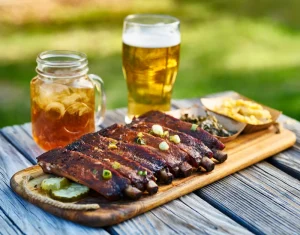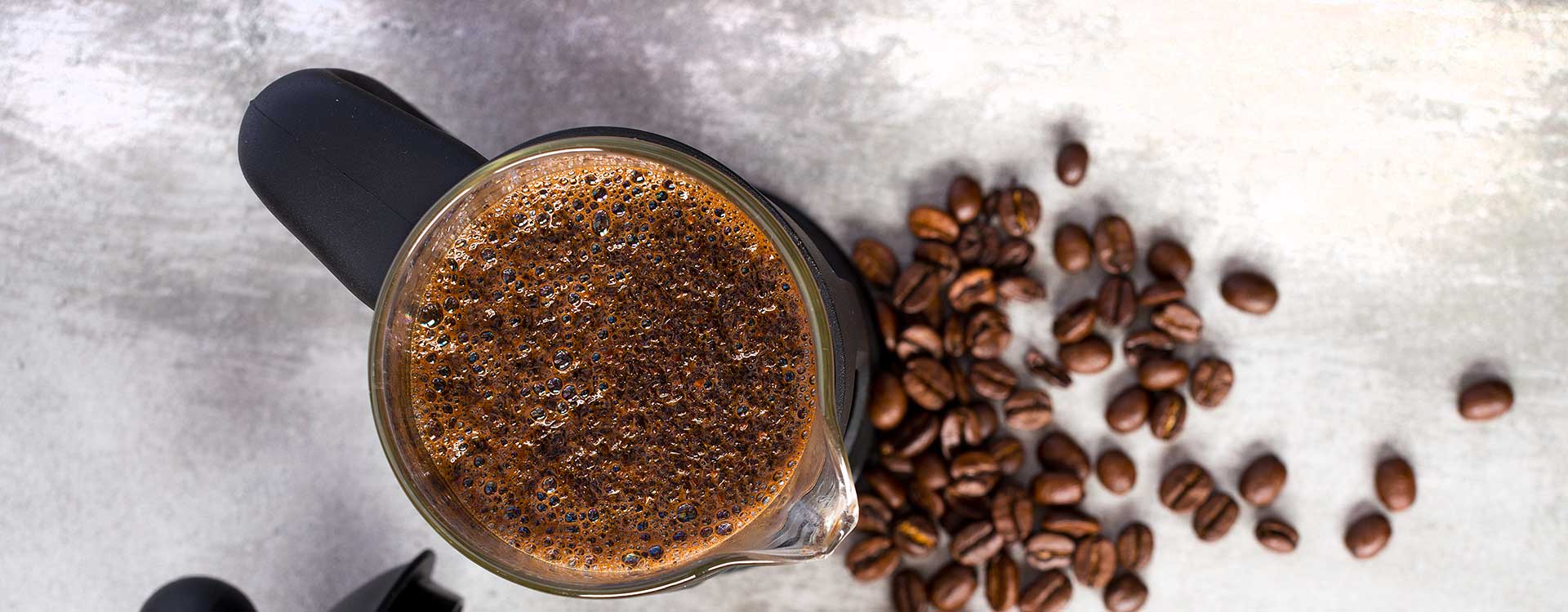Alcohols Negative Emotional Side: The Role of Stress Neurobiology in Alcohol Use Disorder PMC

Nevertheless, it is important to remember to support your ongoing recovery and long-term sobriety; learning how to identify, deal with, and control anger is paramount. Understanding the relationship between https://ecosoberhouse.com/ is essential to continued success, and an alcohol rehab in Florida can help you with that. Alcohol effects the prefrontal cortex of the brain, the region that moderates things like decision-making.
The Link Between Alcohol and Aggression

By seeking recovery for problems with alcohol and anger, you can work toward a more positive life. In addition to receiving guidance from experienced professionals, support groups are effective for building relationships. Recovering from an alcohol use disorder can be isolating, especially when you consider how widespread drinking culture is alcoholism and anger in the United States. In a support group, you can meet like-minded individuals who can help make recovery that much easier. If a health professional has diagnosed you with anger management problems, you may find these get worse when you drink. Alongside quitting alcohol, you could benefit from attending an anger management support group.
Oar Health Member Stories: I Needed to Curb My Drinking But Didn’t Know How
Integrating therapy, robust support systems and personalized coping strategies is paramount to fostering sustainable progress towards emotional equilibrium. This blog was designed to help you understand the relationship between anger and alcohol and how they can amplify each other’s impact. In some cases, medication may be utilized as adjunctive treatment to address co-occurring symptoms such as mood instability or alcohol withdrawal. Group therapy and anger management classes provide a valuable platform for peer support and shared experiences. Cognitive Behavioral Therapy (CBT) interventions are widely recognized as practical approaches for both alcohol recovery and anger management.
Gender Differences in Binge Drinking, Alcohol-Induced Aggression, and Violence
LonelyFeeling lonely can make us more likely to slip into old patterns. Once you identify you’re feeling lonely, you can take steps to get connected, whether it be calling a friend or joining a support group. You can do this by saying to yourself “I’m feeling angry right now” or “anger is present.” You can also notice how the anger is manifesting in your body. Labeling and allowing yourself to feel anger can actually help reduce its initial intensity. Experiencing anger throughout the various challenges of early sobriety is incredibly normal and valid. It doesn’t mean you can’t still make meaningful progress and reach your moderation or sobriety goal.
Psychological “Baggage” and Social Influence
The FHE Health team is committed to providing accurate information that adheres to the highest standards of writing. If one of our articles is marked with a ‘reviewed for accuracy and expertise’ badge, it indicates that one or more members of our team of doctors and clinicians have reviewed the article further to ensure accuracy. This is part of our ongoing commitment to ensure FHE Health is trusted as a leader in mental health and addiction care. When you live with or care for someone who becomes abusive when they’re intoxicated, the consequences may well be more than just hurt feelings.
- Stress also affects focus and attention abilities, and heightens energy while decreasing appetite and sleep functions.
- They were also required to respond to the Consideration of Future Consequence Scale (CFC).
- More recently, a significant, small effect size was reported for the association between alcohol intake and aggression in female subjects who consumed alcohol compared to those who did not drink, in response to a subsequent aggression paradigm (Crane et al., 2017).
- Significantly declined the crime rate to 9 homicides per month (Duailibi et al., 2007).
Mindfulness techniques are also highly beneficial for managing emotions and remaining in the present. Lastly, learning to set boundaries with others can minimize triggers, and allow you to process anger on your own, instead of taking it out on others. Working with a specialized alcohol therapist can arm you with tips and tools to make a change.
More recently, a significant, small effect size was reported for the association between alcohol intake and aggression in female subjects who consumed alcohol compared to those who did not drink, in response to a subsequent aggression paradigm (Crane et al., 2017). Alcohol consumption significantly increases the likelihood of expressing anger while intoxicated. As alcohol impairs cognitive functions and inhibitions, individuals may experience a diminished ability to rationalize or diffuse feelings of anger. Under the influence of alcohol, individuals may find it more difficult to control their impulses and manage their emotions effectively, leading to a heightened susceptibility to feelings of anger and frustration. For individuals already dealing with anger issues, alcohol can intensify and magnify these underlying challenges. This amplification occurs due to alcohol’s impact on the brain’s neural pathways, particularly those involved in emotional regulation.

Addiction Destroys Dreams, We Can Help
It highlights the integration of screening of anger among alcohol users at de-addiction center as well as the use of anger management strategies as a part of psychosocial intervention. It has a limitation in term of findings were based on file records/telephone contacts and other comorbid personality and psychiatric issues were not assessed. Return to problematic drinking often occurs after treatment for alcohol dependence, even when that treatment was initially successful. Relapsed individuals often start another negative cycle of alcohol-related problems and suffering in themselves and others (Lowman et al., 1996; Marlatt & Gordon, 1980). Notwithstanding the progress that has been made in the alcohol use disorders treatment field, innovative treatment strategies are still needed. Third, although women comprised 48% of the sample, low statistical power prevented an assessment of gender as a possible moderator of treatment outcomes.

What this means is that people whose personalities make them naturally quicker to become angry than others are even more likely to lose control under the influence of alcohol. “Keep in mind that any amount of drinking can influence emotions and behavior,” O’Brien says. Alcohol can fuel rage or aggressive behaviors even when a person isn’t intoxicated. In summary, heavy drinking or chronic drinking alters brain chemistry in the short and long term.

Why is anger so common among people who drink?
There are a number of cognitive, neurobiological, and social factors that can influence how alcohol affects aggression. Anger is an intense emotion you feel when something has gone wrong or someone has wronged you. Aggression refers to a range of behaviors that can result in both physical and psychological harm to yourself, others, or objects in the environment. When alcohol suppresses these regulatory functions, it can affect how you express your thoughts and emotions, including anger. Anger is an emotion made up of many different feelings like dissatisfaction, displeasure, hurt, and frustration.




